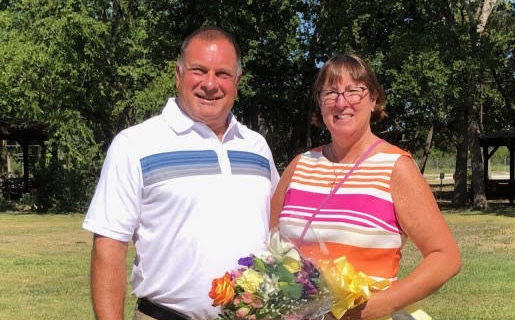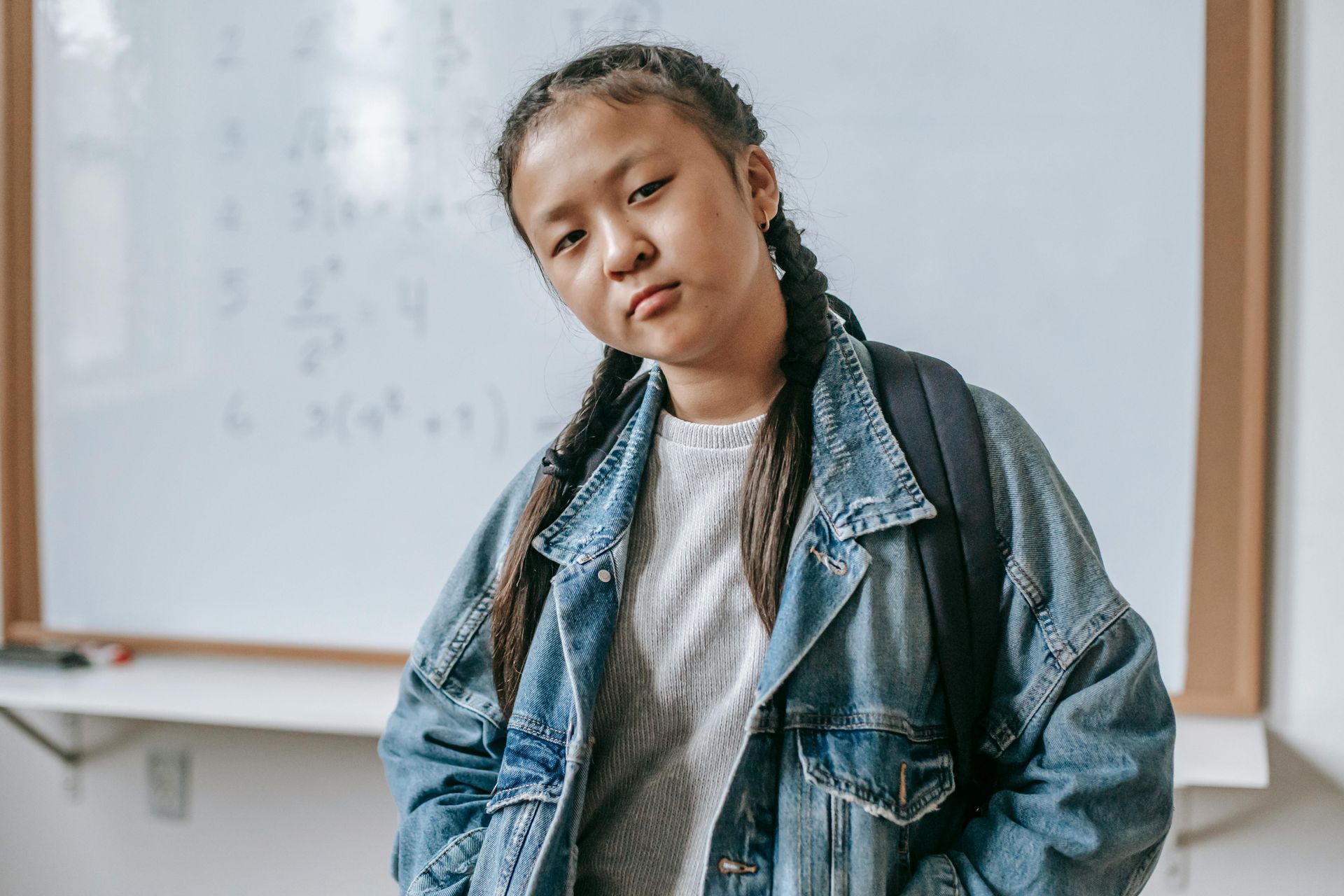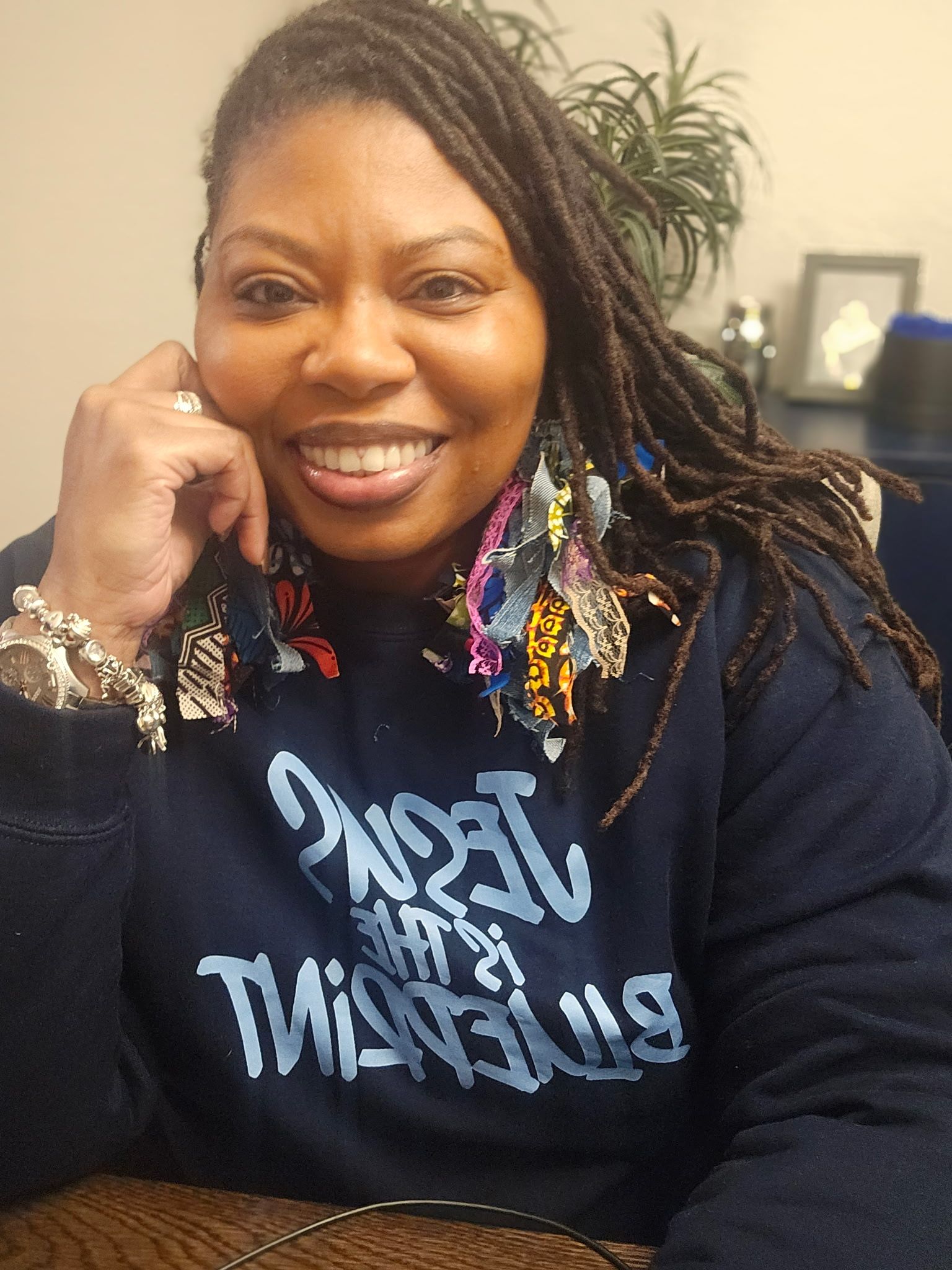Advocate Spotlight: Andy Ulsher
August Advocate Interview

1. How long have you been an Advocate and when did you realize you wanted to become one?
I realized I was interested in becoming a CASA volunteer after listening to CASA commercials on TV and the radio. I investigated the organization further and decided it was definitely a worthwhile organization that made a huge impact on children in foster care. I attended the CASA orientation class and was sold on becoming an Advocate. I had the time to volunteer and thought my military background would be beneficial in guiding foster children. I wanted to be part of the solution and help children in need.
2. What is the most rewarding aspect of being an Advocate?
Making a difference! No doubt, making a difference in the life of my CASA kids is the most rewarding aspect of being an Advocate. Sometimes it’s just something small, but when you see you’ve made their life better, it’s very rewarding. I’ll never forget meeting a 3-year old boy (this was before COVID-19 protocols) for the first time at his caregivers. They told him a “man” was coming to visit him. From then on whenever I visited “John” he would always come running up to me calling me “the man, the man!” He was well adjusted and always ready to give me hug or hold my hand. Wow, talk about rewarding and impacting my life just as much as I did his! Thankfully, it appears he’ll be reunited with his mother soon, and hopefully continues to thrive.
I have another case with three brothers: 15, 16 and 17 years old. Recently, the oldest graduated from high school and enrolled in Texas A & M University – San Antonio. I got all three enrolled in the College Docket pilot program, and they’re doing great. Mentoring the oldest and preparing him for college was very rewarding. He just moved into the dorm this past weekend. Providing guidance and mentoring his 24-year-old brother and his wife, their caregivers, has also been rewarding. Talk about an act of kindness and generosity for a 24-year old brother, his wife and their two kids to foster three younger brothers! They live in somewhat austere conditions, but the older brother had been trying to care for his brothers for three years. The State moved them around to other relatives and finally approved him. I worked hard to get them approved as a Foster Family, and once approved, it was most rewarding. All of them are doing well and thriving.
3. If you could offer words of encouragement to your fellow and incoming Advocates, what would they be?
Start with an easier case and work your way into more complicated cases as you gain experience as an Advocate. There’s so much to learn as a new Advocate. Rely on your CASA supervisor for guidance and help. Once we get past the COVID-19 issue, reach out to other Advocates and network with them. Learn from them and their cases. Attend the monthly training and events offered by CASA. Remember you are there to “act in the best interest of the children” and that might not be what the caseworker, ad litem, caregiver or others want. Stand up for what you think it right. You get to testify before the Judge on your case and he or she values your opinion. If you’re doing your Advocacy right, you’ve most likely spent more time with the children and know them even better than their caseworker.

In December 2024, the Department requested TMC for a youth, Zoe, who was found to be homeless after both parents refused to accept parental responsibility. The mother had an extensive CPS history, and the alleged father had CPS history and a criminal history. While in care, life became challenging as Zoe made decisions that jeopardized placement; choosing to skip school, run away from placement, and get arrested for a misdemeanor charge. As a result of these behaviors, the Department placed Zoe in a facility out of state. In August 2025, Staff Advocate, Yvonne, accepted the Crossover Court Case involving Zoe. During the initial Zoom meeting between Yvonne and Zoe, the youth shared her love for sketching, singing, and making people smile. Zoe further shared her hopes and dreams with Yvonne; stating that if parental rights were terminated, she hopes to be adopted by a loving family and wants to pursue her dream of having a career in law enforcement. Recently, Yvonne had the opportunity to visit Zoe at her out-of-state placement, where their conversations were not limited by time on a video call. When Yvonne met Zoe in person, she shared that she couldn’t sleep the morning of Yvonne’s arrival because she feared that Yvonne would be another adult who did not show up for her. Yvonne was able to lay that worry to rest by simply keeping her word, a small act that means the world to the children CASA serves. During the visit, Zoe shared that she wanted to make her CASA proud by improving her school grades, staying out of trouble with peers at placement, and staying busy with extracurricular activities. Yvonne was happy to hear Zoe share her aspirations and encouraged Zoe to continue on this positive path. The conversations about Zoe’s day-to-day happenings in life led her to share the more traumatic events with Yvonne. Yvonne listened and provided a space for Zoe to share what she was comfortable with. Yvonne encouraged Zoe to continue processing her trauma and grief with her therapist and find peace, past the pain of being estranged from her family and individuals whom she trusted. Despite the setbacks Zoe has endured in efforts to restore family connections, Yvonne continues to show up and support Zoe in self-advocating for her educational and placement needs as she approaches adulthood. Zoe’s educational goal is to attend her senior prom and walk across the stage at a public high school to receive her diploma. Most importantly, Zoe hopes to be placed in a Texas foster home where she will be protected, loved, and trusted. Regardless of where life and the case takes Zoe, Yvonne will be there at every turn.







